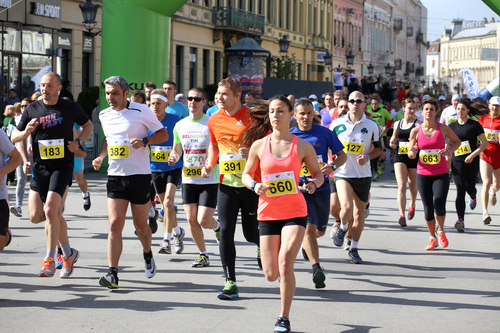
Depression in Athletes
This occurs more often than we think. No sport is exempt- swimming, wrestling, football, baseball, track, boxing, rugby, soccer, hockey, basketball, golf, sailing, ultra-running, cricket- you get the idea.
Depression affects an estimated 6.7% of today’s adult population in a 12-month period. According to the U.S. Department of Health and Human Services, the prevalence rates for certain age groups, such as young adults and older adults, are higher — for example, for the 18-to-25 age group, the 12-month depression prevalence rate was 8.7% in 2008. There are approximately 400,000 National Collegiate Athletic Association (NCAA) student-athletes competing each year and 5 to 7 million high school student athletes involved in competitive interscholastic sports. Given such a high prevalence rate in certain age groups and a large denominator pool of athletes in these age groups, it is reasonable to surmise that there are thousands of athletes with depression participating at the high school and college levels (Murphy S. Transitions in competitive sport: maximizing individual potential. In: Murphy SM, ed. Sport Psychology Interventions. Champaign (IL): Human Kinetics; 1995, pp. 331–46. cited in American College of Sports Medicine)
“Athletes may be at increased risk, according to research by Lynette Hughes and Gerard Leavey of the Northern Ireland Association of Mental Health, who found that factors such as injuries, competitive failure and over-training can lead to psychological distress. An NCAA survey of athletes found over the course of a year that 30% reported feeling depressed while half said they experienced high levels of anxiety.”
Michael Phelps-swimming, Jerry West-basketball, Brandon Marshall- football:
“Wilbert Leonard, a sociology professor at Illinois State, says he thinks consciousness in the broader world can be raised by prominent voices from the sports world — like Phelps, West and Marshall — and perhaps begin to chip away the societal stigma too often attached to mental illness.”
“It’s John Wayne syndrome, that stiff upper lip — keeping your feelings to yourself and not letting anyone know you’re hurting,” Leonard says. “That plays out in the sports world and it plays out in the larger society.
Athletes face pressure to perform, often in the face of intense public scrutiny, while competing in a culture that inhibits them from seeking the help they need.”
“For the longest time, I thought asking for help was a sign of weakness because that’s kind of what society teaches us,” Phelps says. “That’s especially true from an athlete’s perspective. If we ask for help, then we’re not this big macho athlete that people can look up to. Well, you know what? If someone wants to call me weak for asking for help, that’s their problem. Because I’m saving my own life.”(When Athletes Share their Battles with Mental Illness)
Missy Franklin- swimmer:
Franklin, once the seemingly always exuberant girl so many predicted would be the next Michael Phelps, now finds herself trying to climb up from the deep, dark depths. Six years ago, when she was 17, she won four gold medals in London. Recently, after last year’s double shoulder surgery and amid her continuing battles with depression, she failed to make the United States national team, which means her next major international meet will be the 2020 Olympics — if she can get there.
“You look at Allison Schmitt tonight, I’m so inspired by that,” Franklin said, after her race at the Woollett Aquatics Center, of another champion who has fought mental illness. “That was incredible what she was able to do and how quickly she was able to do it. But I think with that I have to be really careful not to compare myself to her, not to get really discouraged with where I am now.”
By the time Franklin finished that sentence, she was choking back tears. (Battling Pain Both Physical and Mental, Missy Franklin Finds Hope, nytimes.com/2018/07/27)
These athletes, and others like them, sought mental health help and”came out” publicly about it-Thank you.
This is where Counseling on Demand comes in.
We are online at counselingondemand.com. No matter where the athlete is located when help is needed (at home or on the road), we are there for them.
Effective Online Counseling…Only a Click Away